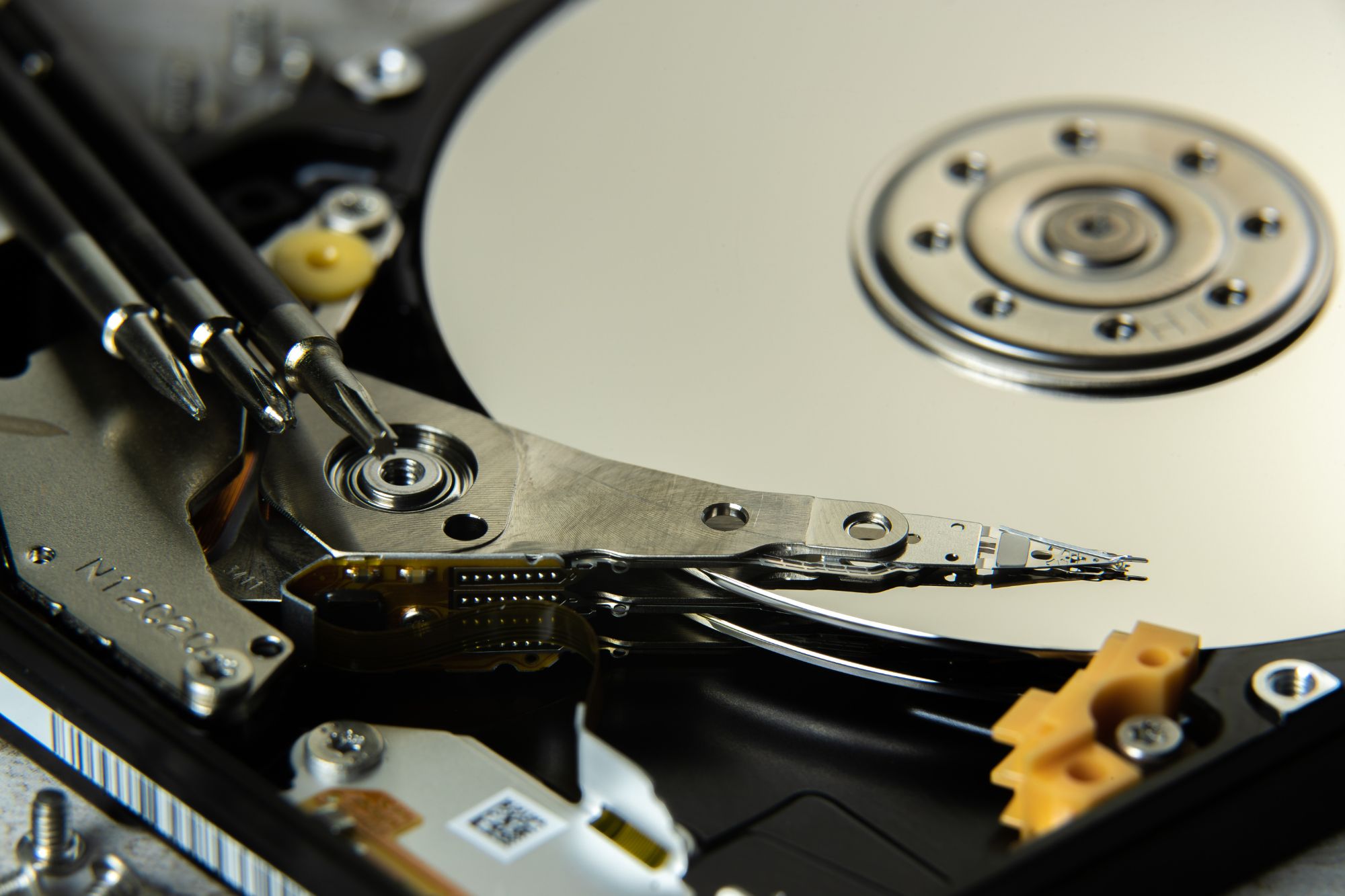
Don’t Wait for Disaster: The Importance of Regular Data Backups
In today’s digital age, data loss can be a devastating and costly experience. Whether you’re an individual or a business, losing critical data can have significant consequences, including financial losses, reputation damage, and legal issues. That’s why it’s crucial to back up your important data beforehand.
Backing up your data means making a copy of your important files and saving them to an external device or cloud storage service. This ensures that your data remains safe and accessible in case of unexpected events like hardware failure, theft, or natural disasters.
Here are some of the reasons why backing up important data is essential:
- Protects against data loss: Backing up your important data ensures that you have a second copy of your files in case the original is lost, damaged, or corrupted. This can be particularly important for critical data such as financial records, client data, or legal documents.
- Provides peace of mind: Knowing that your important data is safe and secure can give you peace of mind, allowing you to focus on other things without worrying about data loss.
- Enables recovery from unexpected events: In case of unexpected events such as hardware failure, cyberattacks, or natural disasters, having a backup of your important data can enable you to recover quickly and minimize the impact of the event.
Now that we understand the importance of backing up important data let’s look at some methods for doing so:
1. External hard drives
External hard drives are one of the most common and convenient ways to back up your data. Simply connect the hard drive to your computer and copy your important files to the drive. You can also use backup software to automate the process and schedule regular backups.
2. Cloud storage services
Cloud storage services like Google Drive, Dropbox, or OneDrive provide a convenient and reliable way to back up your data. Simply upload your important files to the cloud, and they’ll be stored securely on remote servers. These services also offer features like automatic syncing and version history, allowing you to restore previous versions of your files if needed.
3. Network-attached storage (NAS)
NAS devices help you connect to your home or office network and store and access files from multiple devices. These specialized devices can also be configured to back up your important data, providing additional protection automatically.
4. Physical backup
In addition to digital backups, keeping physical copies of your important data, such as hard copies or USB drives is also a good idea. This ensures that you have a backup even in a complete digital failure.
Conclusion
In conclusion, backing up important data is crucial for individuals and businesses. It provides protection against data loss and peace of mind and enables quick recovery from unexpected events. There are several methods for backing up data, including external hard drives, cloud storage services, NAS devices, and physical backups. By implementing a regular backup routine, you can ensure that your important data remains safe and secure at all times.


